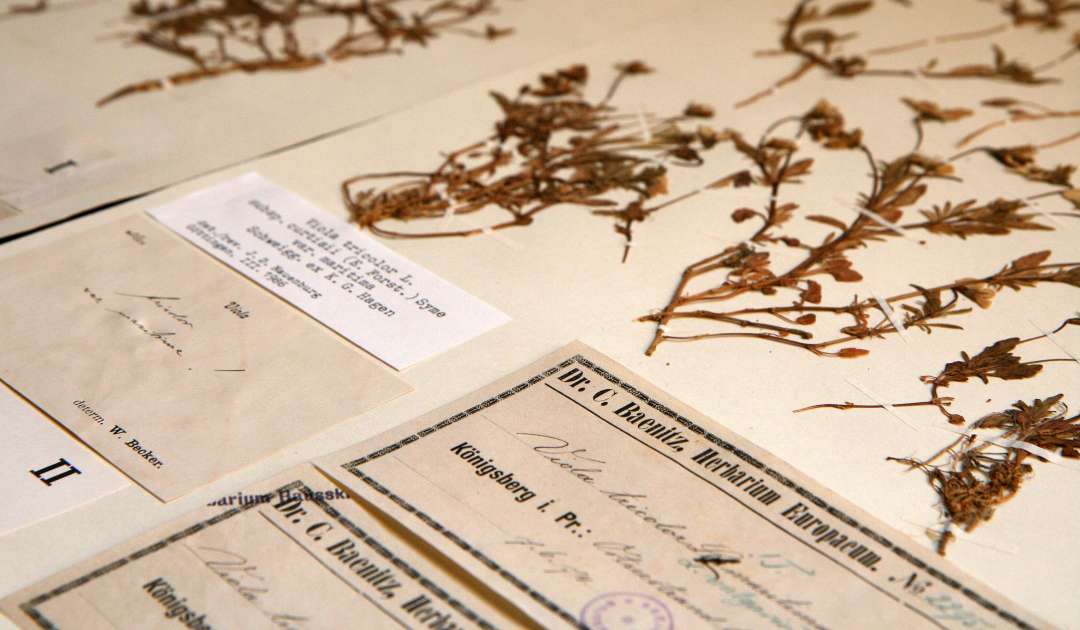Senckenberg Institute for Plant Form and Function (SIP)
Jena
Senckenberg Institute for Plant Form and Function (SIP) was founded in June 2024 in cooperation with the Friedrich-Schiller-University (FSU) Jena. In Jena, the eighth Senckenberg Institute will comprehensively analyze biodiversity change in the Anthropocene – the age shaped by humans – using modern and innovative methods in temporal depth and spatial breadth. The professorships for Integrative Plant Taxonomy and Functional Biodiversity Research, already established at FSU, and two new Senckenberg professorships for Bryophyte Ecology & Evolution and Digital Collectomics, plus associated staff from biological science and informatics, will utilise the collections of the Jena herbarium Haussknecht for as a foundation of novel, interdisciplinary research to investigate biodiversity change.
With 3.5 million specimens, the Herbarium Haussknecht is one of the most important herbaria in Europe and is also the largest regional botanical collection in Germany. Through digitization combined with ‘imaging’ and the inclusion of artificial intelligence and ‘deep learning’, through the integration of databases, and through the application of molecular genetic methods, the extensive potential of this unique collection for the analysis of biodiversity change can now be raised and shared. The aim is to reconstruct biodiversity and its changes and interactions in a spatially explicit manner over a period of the last century and to develop forecasts and options for action for the conservation of biodiversity.
In addition to FSU, the region has a strong expertise in biological, computer and earth-system sciences, including the German Centre for Integrative Biodiversity research (iDiv) Halle-Jena-Leipzig, several Max-Planck Institutes (MPI -BGC, -CE, -), a Leibniz Institute (HKI) and the Institute of Data Science of the German Aerospace Centre (DLR).

